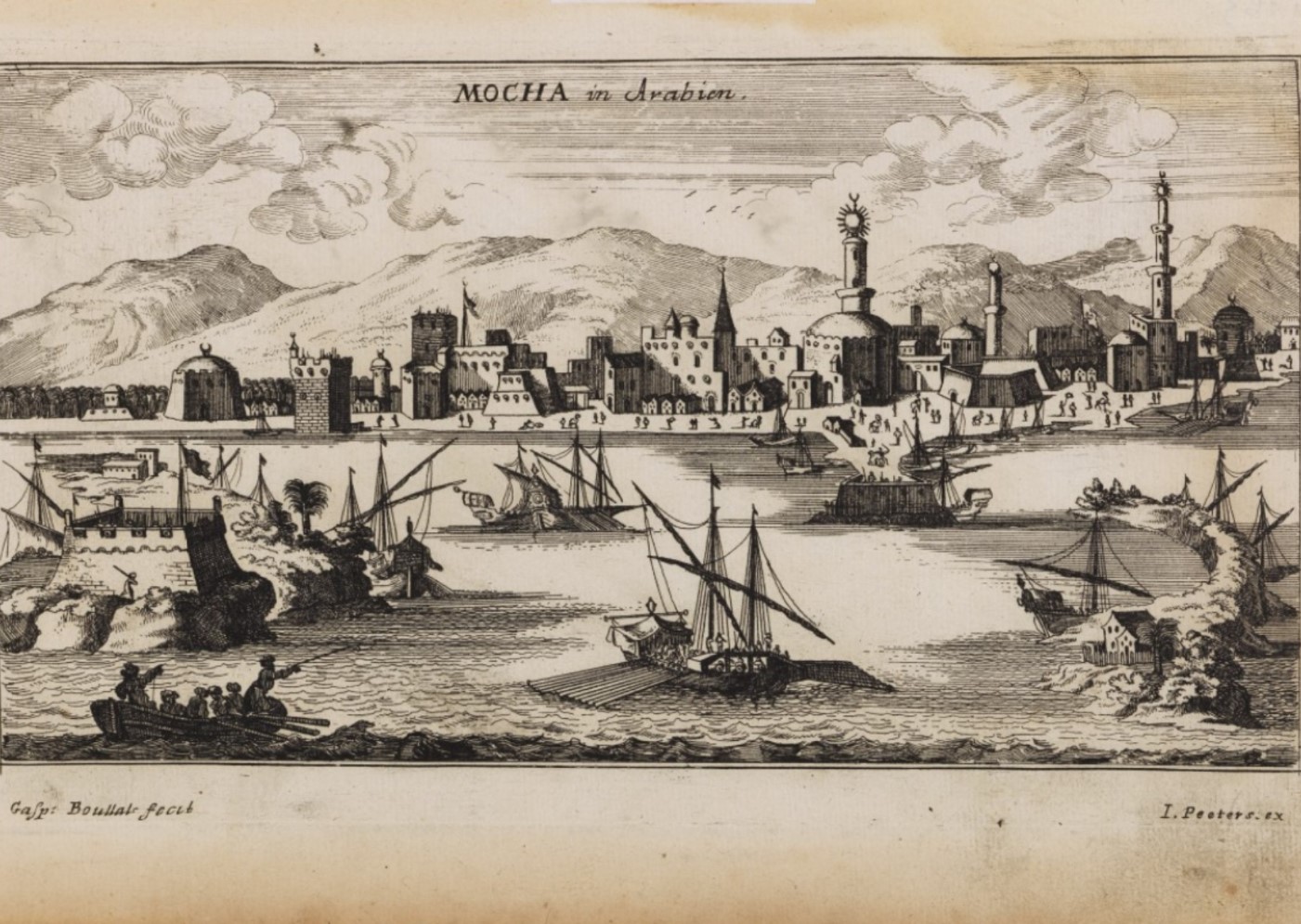Coffee adventures: Al Mokha

Al Mokha, also spelled Mocha or Mokha, is a historic port city located on the southwestern coast of Yemen. While it might not be as well-known as some other major cities, Al Mokha holds a unique and crucial place in history due to its significant role in the spread of coffee around the world. The story of Al Mokha and its association with coffee is a fascinating tale that spans centuries.
The history of coffee cultivation and consumption can be traced back to ancient times, with coffee trees originally found in the Ethiopian region of East Africa. However, it was in Al Mokha that coffee gained worldwide recognition and began its journey to becoming one of the most popular beverages globally.
The legend of coffee's discovery dates back to the 9th century, with a herder named Kaldi in Ethiopia. According to the story, Kaldi noticed that his goats became more energetic and spirited after eating the berries from a particular tree. Intrigued, he tried the berries himself and experienced a similar burst of energy. The news of this newfound energizing fruit quickly spread throughout the region.
The word "coffee" itself is believed to have been derived from "Qahwa," an Arabic term used in Yemen, including Al Mokha, to refer to wine. Coffee was initially used as a beverage with religious and social significance in Yemen, consumed during Sufi religious ceremonies and as a stimulating drink in social gatherings.
Al Mokha, as a major Yemeni port, played a pivotal role in the coffee trade during the 15th and 16th centuries. Coffee cultivation had spread from Ethiopia to Yemen, and the city of Al Mokha became a vital hub for coffee exports. The Yemeni port was strategically located, providing easy access to the Red Sea and trade routes to the Middle East, Africa, and Europe. Al Mokha coffee became highly sought after for its unique flavor, and it was shipped to various parts of the world.
The beans from Al Mokha were treasured for their distinct taste, characterized by a rich and complex flavor profile with hints of chocolate and spices. European traders, who had established maritime routes to the Middle East, discovered the delights of Al Mokha coffee during their travels. The coffee gained popularity in Europe, where it was initially considered a luxury beverage for the elite.
Today, Al Mokha's significance in coffee history is still acknowledged, and Yemen continues to produce some of the world's finest coffee beans, known as "Yemeni Mocha" beans, in honor of the city's historical connection. While Al Mokha may no longer be the coffee trade center it once was, its legacy lives on in every cup of coffee enjoyed worldwide.

